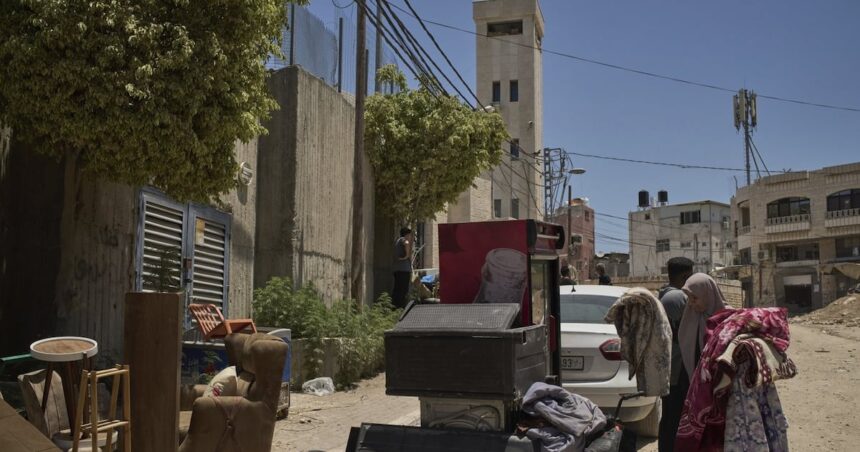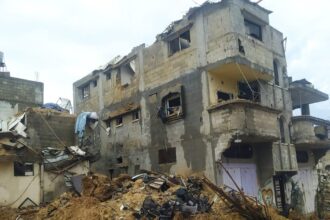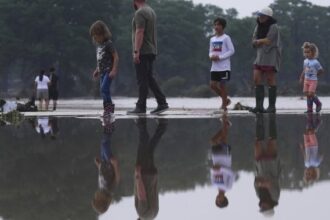In the pre-dawn darkness of Tulkarem refugee camp, families hastily load possessions onto trucks and cars, abandoning homes some have occupied for generations. The exodus comes in response to Israeli military demolition notices delivered earlier this week, giving residents just 48 hours to evacuate before their homes face destruction.
“We’ve lived here since my grandfather arrived in 1948,” says Mahmoud Khalil, 63, clutching family photographs as he supervises the loading of his belongings. “Now we leave with nowhere certain to go, just the clothes on our backs and whatever we can carry.”
The Israeli military claims the demolition orders target structures allegedly housing militant infrastructure, following intelligence reports linking the camp to recent attacks against Israeli civilians. According to IDF spokesperson Lieutenant Colonel Nadav Shoshani, “These operations are precisely targeted against terrorist infrastructure, not civilian homes.”
However, UN humanitarian officials monitoring the situation report that over 400 residential units housing approximately 2,300 Palestinians have received demolition notices, suggesting a scale that extends well beyond targeted counter-terrorism operations.
The timing coincides with intensified settlement expansion efforts throughout the West Bank. Data from Peace Now, an Israeli settlement watchdog, indicates a 43% increase in settlement construction approvals since October 2023, raising questions about broader territorial objectives.
Palestinian Authority representative Layla Hamdan describes the situation as “a humanitarian crisis unfolding in slow motion,” noting that displacement facilities are already overwhelmed by previous evacuation orders. “These families have nowhere to go. Most will end up in overcrowded relatives’ homes or makeshift shelters with inadequate sanitation and protection from the elements.”
International aid organizations attempting to provide emergency assistance report significant access restrictions. Médecins Sans Frontières medical coordinator Dr. Elena Martinelli confirms, “Our teams have been prevented from reaching evacuation sites three times this week alone. The health implications for vulnerable populations, particularly children and the elderly, are severe.”
Canadian diplomatic officials have expressed concern about the situation, with Foreign Affairs Minister Mélanie Joly calling for “restraint and adherence to international humanitarian law.” However, concrete intervention measures remain undefined.
Economic implications extend beyond immediate humanitarian concerns. The World Bank estimates that demolitions in the West Bank since October have already resulted in over $380 million in economic damage, with cascading effects on local businesses, employment, and financial stability.
For residents like Amal Jabari, a 41-year-old mother of four, the future remains perilously uncertain. “My children ask where we will sleep tomorrow, and I have no answer,” she says, her voice breaking. “How do you explain to them that the home where they were born no longer belongs to them?”
As night falls on Tulkarem camp, the stream of departing families continues under the watchful eyes of armed personnel. The question hanging heavily in the cool evening air extends far beyond immediate housing concerns: In a region where home and identity are inextricably linked, what becomes of a people systematically separated from both?
























